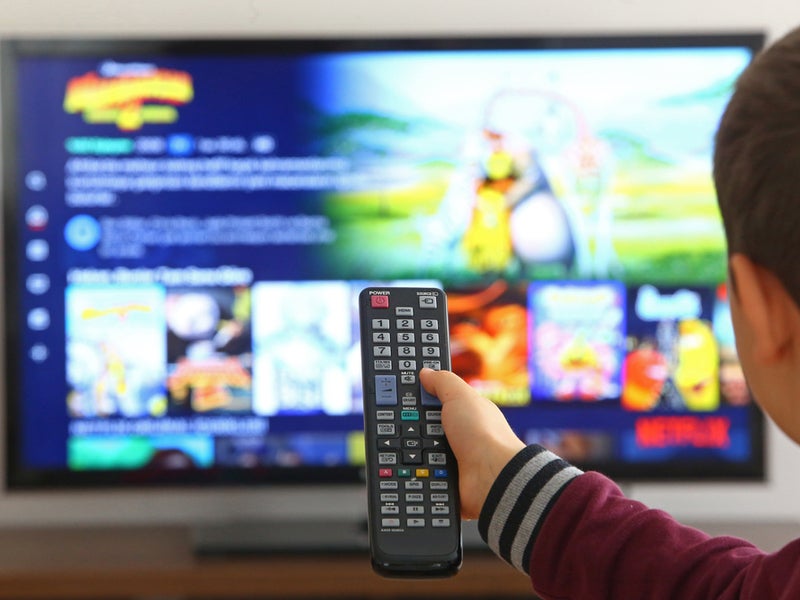Internet TV platforms are increasingly investing in original programming, placing them in direct competition with traditional media conglomerates. In 2019, for example, Netflix spent $15bn on content. By comparison, the entire public service license fee income of the BBC is $4.4bn.
Listed below are the key macroeconomic trends impacting the internet TV sector, as identified by GlobalData.
The future of cinemas
People are increasingly moving away from consuming movies in cinemas. In the US and Canada, theatre admissions fell to their joint ten-year low in 2019, down 5% from 2018, according to The Motion Picture Association of America. Content aggregators, such as Netflix, have started to create their own blockbuster content. This has led to fears for the future of the cinema industry, with speculation that cinemas could die out entirely, or become a niche market. Further consolidation within the industry will follow. Cineworld’s purchase of Cineplex in December 2019 demonstrates this trend. Covid-19 will worsen this crisis, as cinemas have been forced to shut down and content scheduled for cinema release has been distributed through digital channels instead.
M&A
The value of M&A deals in the music, film, and TV industry over the five years ended 31 December 2019 was $354bn. Internet TV has been the primary thematic driver behind many of the largest deals.
As technology titans like Apple, Amazon, Google, Facebook, and Netflix set their sights on the TV industry, consolidation has been the only defensive strategy available to incumbent TV networks. For example, Disney’s $71bn acquisition of the film and TV assets of 21st Century Fox in March 2019 created one of the largest content creation and distribution companies in the world. CBS and Viacom were forced to merge because they were smaller TV networks that needed to consolidate their position.
Further M&A within the entertainment industry is likely. Film studios and TV broadcasters are likely to consolidate their assets to fend off the threat from tech titans like Amazon, Apple, and Netflix. Potential targets include smaller broadcasters such as ITV or AMC Networks. Likely bidders include not only Big Tech companies but also some telecom firms.
Predatory pricing
Many new entrants in the OTT TV market are pricing their subscriptions at unsustainably low levels in order to gain market share. This may spark a price war, giving users the ability to subscribe to multiple services at affordable rates. Apple TV+ is being offered free for a year in over 100 countries with the purchase of any iOS device and at $4.99 a month thereafter, while Disney+ costs just $6.99 a month in the US. These fall well below Netflix’s standard price of $12.99 a month in the US.
How well do you really know your competitors?
Access the most comprehensive Company Profiles on the market, powered by GlobalData. Save hours of research. Gain competitive edge.

Thank you!
Your download email will arrive shortly
Not ready to buy yet? Download a free sample
We are confident about the unique quality of our Company Profiles. However, we want you to make the most beneficial decision for your business, so we offer a free sample that you can download by submitting the below form
By GlobalDataBundling
Bundles of several OTT TV services are becoming more widespread. This is important because consumers would prefer to subscribe to a single streaming platform, and, in the long term, the market will need to consolidate. Roku was the first to allow users to choose from at least 25 different OTT TV entities and pay a consolidated bill. Disney offers its three services – Disney+, ESPN+, and Hulu – in a single package for just $12.99 a month in the US. We expect more firms to consolidate their offerings, as Apple plans to do with music, TV, and news. Firms that exist in an isolated ecosystem, such as Netflix, or that aren’t willing to allow their content to be bundled, may lose out.
This is an edited extract from the Internet TV – Thematic Research report produced by GlobalData Thematic Research.








Related Company Profiles
Cineplex Inc
AMC Networks Inc
Meta Platforms Inc
Google LLC
Netflix Inc